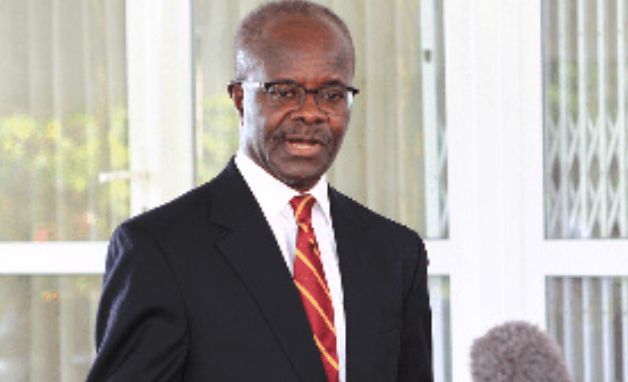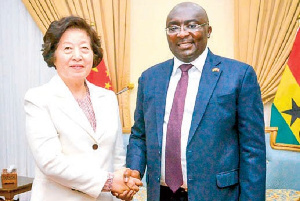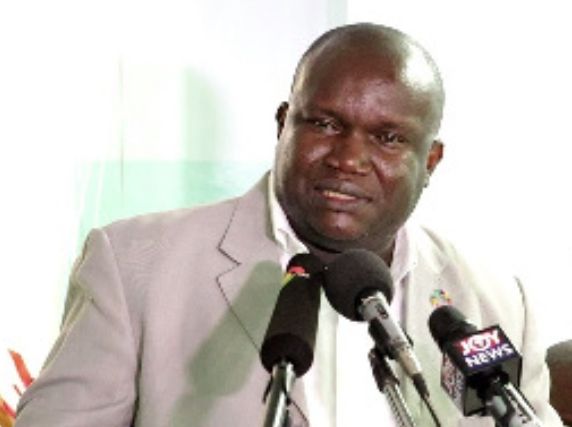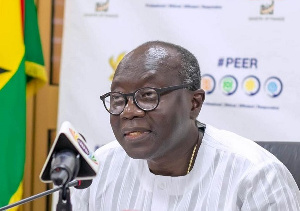Ghana’s gold industry is undergoing a significant transformation

It’s a substantial increase from 8.78 tonnes recorded in May 2023—a nearly four-fold rise in less than two years. This growth reflects the central bank’s strategy of bolstering foreign reserves and enhancing financial stability through increased gold accumulation.
It also marks a broader plan by the Bank of Ghana to diversify its asset holdings and reduce reliance on traditional foreign currencies. Upon assuming office, President John Dramani Mahama has taken steps to formalise the country’s small-scale mining sector and channel more of its gold output into national development.
The new administration also established the GoldBod – a regulatory body tasked with overseeing the sale of gold produced by small-scale miners. Since its creation, GoldBod has played a pivotal role in boosting local gold reserves.
For instance, it negotiated a landmark agreement with nine large-scale mining firms to sell 20% of their gold output to the domestic market. The deal represents a significant step toward strengthening domestic gold reserves and insulating the economy from external shocks.
GoldBod will make purchases on the Bank of Ghana’s behalf in a move aimed at bolstering even further the apex bank’s significant gold holdings. The nine gold miners will receive payment in Ghanaian cedis, discounted at 1% of the London Bullion Market Association (LBMA) spot price.
Cumulatively, they produce about 200 kilogrammes of gold monthly. On top of the newly signed purchase agreements, GoldBod is also rolling out new regulations targetting the small-scale mining sector – which accounts for 35% of Ghana’s total gold output, contributed US$5bn in export revenue in 2024 and employs over 1m people.
Under the new system, GoldBod is the only entity allowed to buy, sell, assay and export artisanal gold. Older gold trading licences issued by the former Precious Minerals Marketing Company (PMMC) and Minister for Lands and Natural Resources have been revoked by GoldBod.
However, GoldBod says it will give local dealers first priority in the ongoing reissuance exercise.
Although Ghana is Africa’s leading gold producer, the shadowy operation of gold smuggling has bled the nation dry – with most of the illegal trade reportedly flowing by air to destinations like Dubai and India.
Dubai and India became prime destinations for the country’s smuggled gold largely due to demand for raw gold and relatively loose trade regulations.
Indeed, the growing tide of illegal gold mining and smuggling poses a serious threat to the country’s financial stability. The country is estimated to lose billions of dollars annually due to gold smuggling, depriving government of much-needed tax revenue and foreign exchange.
Conservative estimates put the country’s losses at approximately US$2billion annually in tax revenue due to smuggling and illegal gold operations.
In 2022 alone, 60 tonnes of gold worth an estimated US$1.2billion were smuggled out of the country through illegal channels – at the height of Ghana’s economic crisis. Even the UK government had cause to express deep concern over the increasing rate of gold smuggling in Ghana.
Smuggling operations involving large amounts of gold cannot happen without a network of facilitators. At least, the Mahama-led administration is taking concrete steps to sanitise the gold industry by stemming the high rate of smuggling the country’s most prized mineral. Commendation in this regard cannot be withheld.
Current strategies to curb illegal mining have to be sustained. By addressing both supply and demand, the country hopes to effectively tackle this crisis. Through the UK-Ghana Gold Programme, GoldBod is working closely with the Economic and Organised Crime Office (EOCO) to stop gold smuggling at key entry points.
Indeed, the crackdown on illegal gold trading has begun to bear fruit. We must not relent as a nation and give authorities the needed support to sanitise the gold sector and rid it of illegal gold traders and gold smuggling.
Public awareness campaigns about the damaging effects of gold smuggling on the economy could also create social pressure against those engaging in this illegal activity. Strategic reforms like GoldBod and more determined political will can see the country turn this tide.





